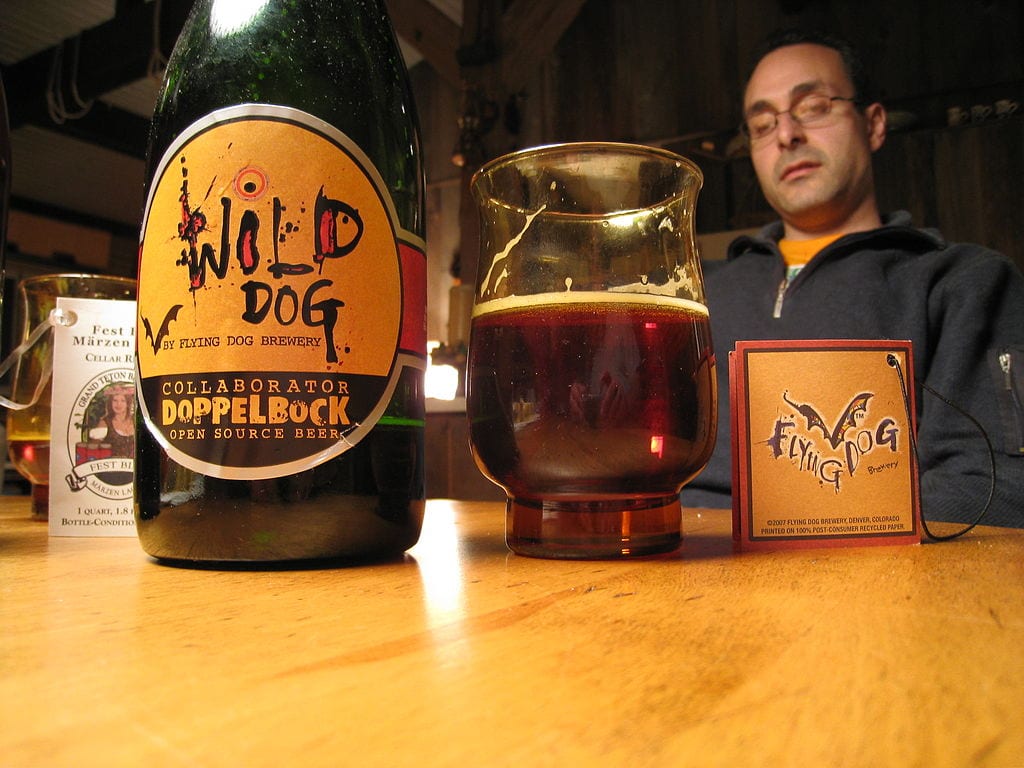Craft breweries are an important and often overlooked area of the American economy. They accounted for total sales of $23.5 billion in 2016, representing nearly 22 percent of national beer sales. Nationwide, the industry provided the equivalent of 450,000 full-time jobs. The state of Maryland, however, lags behind the rest of the nation due to burdensome and anticompetitive regulations, with the industry’s per-capita economic impact in the state ranking just 47th in the nation. Fortunately, there’s an opportunity to set the state on the right path in the form of the Reform on Tap Act.
Maryland is home to popular craft breweries such as Flying Dog and Union, but even these successful breweries have been hampered by overregulation. Flying Dog planned to build a $54 million expansion in Frederick which would been five times larger than its current facility and potentially quadrupled its production capacity, but plans were put on “permanent hold” due to the inhospitable regulatory climate in Maryland. Union Craft Brewing’s founder likewise told the Washington Post that his brewery settled on a smaller space than originally planned due to regulatory uncertainty.
Maryland craft breweries face an array of regulations that are often thinly veiled attempts to restrict competition. For example, Maryland law requires that craft breweries sell no more than 3,000 barrels’ worth of beer in tap rooms per year. Yet even “3,000 barrels” is a somewhat disingenuous figure — taprooms can sell 2,000 barrels worth of beer with no extra hassle, but the next thousand barrels must be sold through a buy-back system.
The buy-back provision of current Maryland law would astonish Rube Goldberg with its pointlessness and inefficiency. After selling their first 2,000 barrels of beer in taprooms, Maryland craft breweries must then sell their beer to a distributor. The beer must then be transported to a warehouse, taken off the truck, checked into the warehouse’s inventory, purchased back by the brewery at a marked up price, re-loaded onto the truck, and transported back to the brewery. This exercise in futility exists as a favor to the distributor industry, and presumably to provide a real-world example of the broken windows fallacy for economists to point to.
Not everyone in Maryland is willing to go along with this pointless regulatory scheme. The Reform on Tap Act is legislation that would eliminate the artificial caps on taproom barrels, as well as the absurd buy-back requirement. Doing so would not just be logical, it would be good for economic growth. The Reform on Tap Act would provide craft breweries in Maryland with a stable regulatory system that encourages expansion and economic growth rather than discouraging it.
Alas, the Reform on Tap Act is not the only piece of legislation aiming to reform the craft beer industry in Maryland. House Bill 1052 is also currently under consideration — and it wants to inject even more cronyism into how the state regulates the craft beer industry.
House Bill 1052 would lower the cap on the number of barrels of beer a brewery can sell in taprooms from 3,000 (or really 2,000) to 500 per year. Yet one company, Guinness, would be exempted from this reduction. This exemption exists in order to accommodate Guinness’s $50 million headquarters that is under construction in Maryland.
Maryland should not continue to tie itself down with burdensome regulations that favor some businesses over others. Eliminating the caps on the number of barrels that can be sold, as well as the buy-back requirement, would stimulate economic growth and cut harmful red tape. Besides, who wants to be the politician who limits how much access Americans have to beer?
























